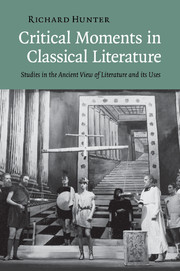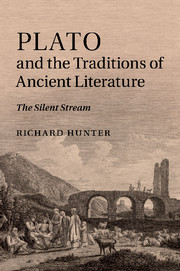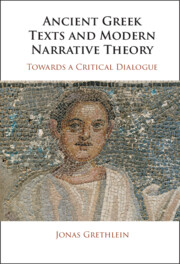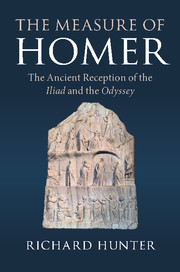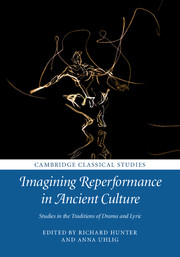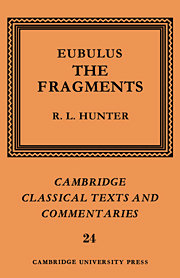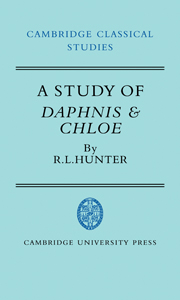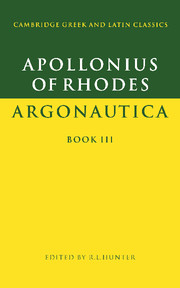Critical Moments in Classical Literature
Through a series of innovative critical readings Richard Hunter builds a picture of how the ancients discussed the meaning of literary works and their importance in society. He pays particular attention to the interplay of criticism and creativity by not treating criticism in isolation from the works which the critics discussed. Attention is given both to the development of a history of criticism, as far as our sources allow, and to the constant recurrence of similar themes across the centuries. At the head of the book stands the contest of Aeschylus and Euripides in Aristophanes' Frogs which foreshadows more of the subsequent critical tradition than is often realised. Other chapters are devoted to ancient reflection on Greek and Roman comedy, to the Augustan critic Dionysius of Halicarnassus, to 'Longinus', On the Sublime, and to Plutarch. All Greek and Latin is translated.
- Considers criticism both within creative literature (Aristophanes, Euripides and Horace) and in the works of professional critics
- Discusses not just works of criticism but also the classical literature which the critics analysed
- Pays particular attention to the cultural and intellectual context in which criticism functioned
Reviews & endorsements
'Critical Moments in Classical Literature is a curious book; deeply learned, elegantly written, and filled with subtle observations on a vast array or texts … The individual chapters are filled with insightful observations on countless ancient critical passages …' Hermathena
Product details
No date availablePaperback
9781108460477
225 pages
230 × 150 × 10 mm
0.3kg
Table of Contents
- Introduction
- 1. Aristophanes' Frogs and the critical tradition
- 2. Readings of Homer: Euripides' Cyclops
- 3. Comic moments
- 4. The ugly peasant and the naked virgins: Dionysius of Halicarnassus, On Imitation
- 5. The grand and the less grand: 'Longinus', On the Sublime
- 6. Reading for life: Plutarch, How the young man should study poetry.

